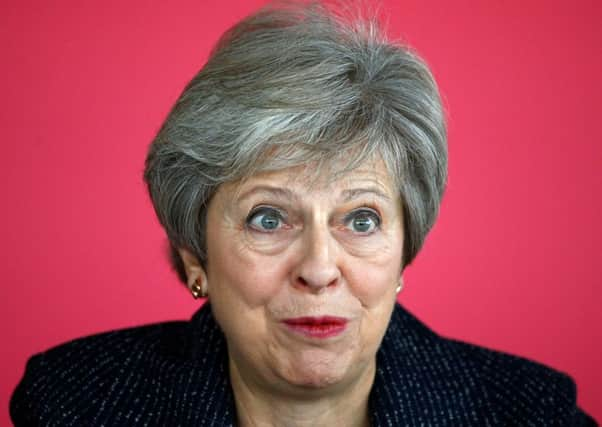Leader comment: Brexit has its own version of West Lothian Question


The West Lothian Question – posed by the late Tam Dalyell in 1977 in response to the then campaign for devolution – famously has no answer.
Simply put, he asked why Scottish MPs should have the right to vote on English-only matters when English MPs had no similar power over affairs in Scotland. The answer that is usually suggested is ‘English votes for English laws’, but this has foundered on concerns the creation of a de-facto English parliament would hasten the demise of the Union. And so, Scottish MPs can still have a significant say over the lives of people who cannot vote them out. It’s an undemocratic fudge that has not yet produced the degree of righteous voter anger that would force a change – but still might.
Advertisement
Hide AdAdvertisement
Hide AdThe Northern Ireland Question in the Brexit negotiations has proved to be similarly impossible to answer: how is it possible to have a hard border between the UK and European Union without having one between Northern Ireland and the Republic?
The only way to achieve this is a fudge – a border with controls that are loose enough to allow reasonably free movement, while restricting the degree of smuggling to an acceptable level. This was the situation two years ago when the UK Government and EU should have made it a priority and worked together to find an acceptable compromise from day one. They did not. Instead, their separate negotiating strategies conspired to bring us to the point we are at now, which is essentially the last minute in diplomatic terms.
It means the UK now faces being catapulted into the utter chaos of a no-deal Brexit. Angela Merkel, the Germany Chancellor, warned it was looking “more difficult” to reach an agreement, adding that “time is pressing”, as Theresa May told the Commons she believed a deal was “still achievable”.
Asked what would happen if one could not be struck, May, who appeared isolated in the Commons yesterday, said MPs would need to decide what to do, but there was little sign of a consensus. A no-deal Brexit is not what those who voted Leave were promised and, since the referendum, there have been countless warnings from serious, credible figures about the economic catastrophe it could very well cause.
Tory MP Anna Soubry came up with another unanswerable, but most apposite, question yesterday: “What on Earth is happening to this Government and our Parliament?”
